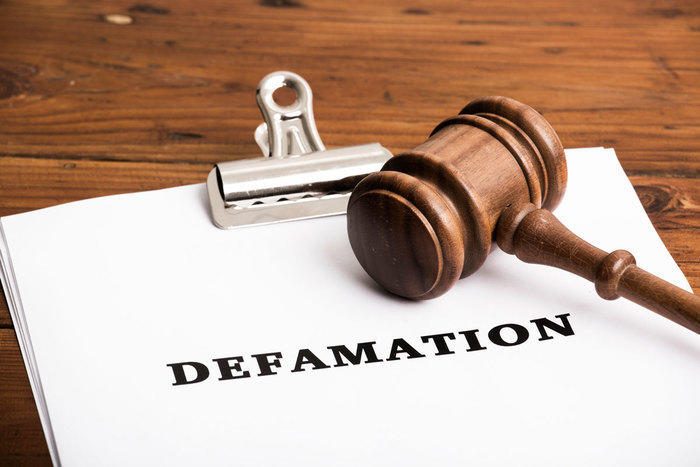Florida State Sen. Jason Brodeur has introduced a shocking bill, SB 1780, that could strip journalists of certain rights and redefine the state’s very nature of free speech. At its core, the bill aims to make accusing someone of racism, sexism, homophobia, or transphobia defamatory, even if the allegation corresponds with a person’s scientific or religious beliefs. This move has been criticized as a direct attempt to chill free speech, with State Rep. Anna V. Eskamani voicing her concerns on social media.
The bill is drafted in such a way that it overturns the standard norm where a defendant in a defamation suit is required to prove “actual malice” from the plaintiff’s side. Instead, SB 1780 would consider any allegation of discrimination based on race, sex, sexual orientation, or gender identity as inherently defamatory. Defendants found liable for defamation may face fines starting at $35,000.

Redefining Defamation Standards
SB 1780 proposes a significant departure from the existing defamation standards. Unlike the traditional requirement to prove “actual malice” for a successful defamation suit, the bill deems any allegation of discrimination as defamation per se. This means that even false accusations automatically qualify as defamatory, raising concerns about potential abuse and chilling effects on free speech. Read Also: How to Implement a High-Protein Diet for Weight Loss
Impact on Accusations of Discrimination
The bill takes a harsh stance on accusations of homophobia or transphobia, disallowing defendants from using religious or scientific beliefs as a defense. Consequently, violators could face fines starting at $35,000, a penalty that some argue is disproportionate and could deter individuals from speaking out against discrimination. This could have a significant impact on marginalized communities, who often rely on public discourse and media coverage to bring attention to issues of discrimination.
Narrowing the Definition of “Public Figure”
SB 1780 aims to redefine who qualifies as a “public figure” in defamation suits. By excluding certain individuals, such as non-elected public employees and those gaining notoriety through online content, the bill expands the scope for filing defamation lawsuits, particularly in cases related to allegations of discrimination. This could further restrict individuals from sharing their opinions or experiences, especially if they fear facing a hefty fine.
Implications for Press Freedoms
Journalists reporting on discrimination face potential threats to their press freedoms under SB 1780. The bill removes the privilege of source anonymity, considering statements from anonymous sources as “presumptively false.” This provision not only undermines the core principles of journalism but also exposes reporters to legal action, potentially stifling investigative reporting.
The bill would make it easier to set up the conditions for a fact-finder to automatically infer that statements made by anonymous sources would be considered “presumptively false” and make journalists more vulnerable to legal action. This provision undermines the longstanding journalistic practice of protecting sources, potentially compromising investigative reporting. Additionally, transgender journalist Erin Reed warns about the broad reach of the bill, encompassing print, television, and online platforms, and its potential to deter journalists from reporting on discrimination.

History and Potential Passage
This isn’t the first attempt to curb press freedoms in Florida. Similar legislation introduced by Rep. Robert Andrade last year gained traction but ultimately failed in the Judiciary Committee. Erin Reed’s insights shed light on the LGBTQ+ community’s concerns, especially given Florida’s history of anti-LGBTQ+ laws, including the ‘Don’t Say Gay or Trans’ expansion.
Journalists rely on source protection to gather and reveal information in the public interest from confidential sources. Without confidential sources, the credibility of the press depends upon its actual and perceived independence. The right to protect sources is based on recognizing that without a strong guarantee of anonymity, those sources might not share sensitive or critical information without anonymity.
One thing is sure: if enacted, SB 1780 could reshape the landscape of free speech and journalistic integrity in Florida, signaling a troubling trend for other states to watch closely. As the bill moves through the legislature, individuals and organizations are seen to voice their concerns and protect their right to free expression. Only time will tell if this controversial bid to redefine free speech in Florida will succeed or fail. Until then, the debate over SB 1780 continues to rage on.



